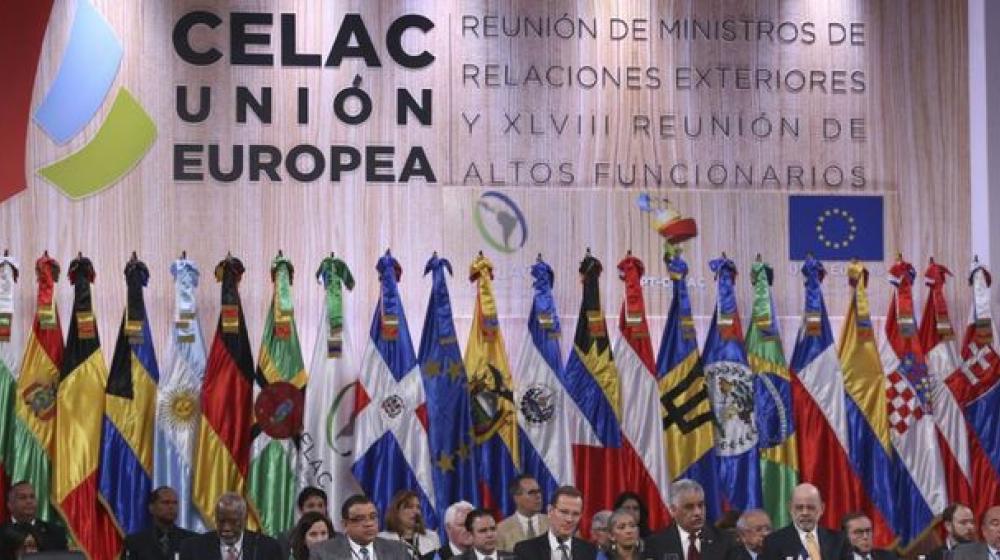The transatlantic relationship has been the cornerstone of the EU’s foreign and security policy. However, in a context where some in the US are looking inwards and questioning the values and institutions their country has built internationally, expectations on Europe have increased. The rise of new global power centres has added a new dimension to transatlantic debates, and both sides of the Atlantic must redefine the relationship to preserve security and prosperity, as well as maintain influence in an emerging international system where the 'West’– may no longer be dominant.
The EU has also cultivated and institutionalised relations with Canada and many countries of Latin America and the Caribbean (LAC). Recent changes in the international context have made the EU a more attractive partner to LAC countries, which are facing economic slowdowns, rising criminality and problems related to the rule of law. However, the increasing contestation of democratic values (which used to bind LAC countries together) has put regional institutions under pressure and strained relations with the EU.
This Report presents a number of grey swan scenarios which are designed to help decision-makers think about possible responses to crises and how they can be prevented.
This Alert looks at the challenges facing Haiti’s resilience given its status as the poorest country in the Western Hemisphere, and particularly in light of repeated natural disasters. The Alert also states that domestic and international development efforts should focus on...
This Alert explains why the reduction of lethal violence and other forms of victimisation is a precondition for ensuring inclusive and sustainable development in Latin America and the Caribbean (LAC).
This Alert looks at the challenges facing Latin America as it transitions from its current development paradigm to a low carbon development path. Which countries have the greatest potential when it comes to renewable energy investments?
Latin America and the Caribbean (LAC) can be considered to be the most violent region in the world, particularly when measured by homicide levels. Given the high costs of violence in LAC, how can systematic assessments of the economic cost of violence enhance the scope for EU...
This Brief takes a look at the state of play in Latin America and the Caribbean (LAC) in the run-up to the bi-regional EU-CELAC summit in El Salvador in October. What can the Union expect to achieve at the summit? And what kind of partner can CELAC be for the EU.
Much of the current analysis of future US-Russia relations is focused on Trump’s presumed instincts and intentions towards Moscow. This Alert argues that the president’s policies towards China, Iran, energy and defence are all likely to present Russia with a difficult dilemma.
Upon taking office, President Trump signed an executive order formally ordering the withdrawal of the US from the Trans-Pacific Partnership (TPP). This Brief examines the implications of Trump’s protectionist trade policies: the opportunities for third countries, as well the...
As they enter a period of critical elections, the US and European countries are being confronted by a series of threats from cyberspace. Electronic voting infrastructure and networks of political groups have recorded repeated intrusion, while strategic leaks of compromising...
Last week, Colombians voted against the peace agreement that the government and the FARC had reached in August to end the country’s civil war. How did this happen? And how will the process move forward?


